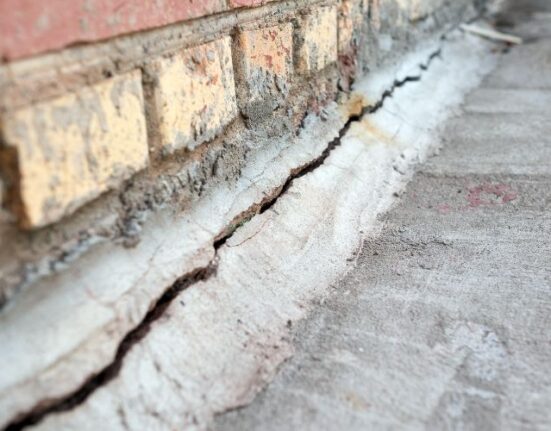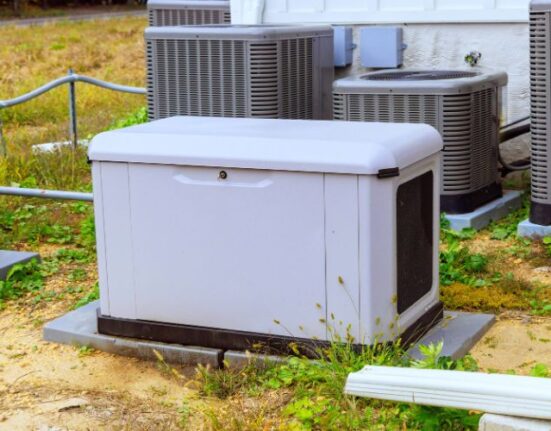If you want to safeguard your rental property from damage or ensure you don’t miss out on collecting rent, the best way to do so is to charge a security deposit. However, determining the appropriate amount to charge can be complex, as many factors must be considered.
Striking a balance is crucial; setting the deposit too high may deter potential renters, while a deposit set too low might leave you with insufficient funds. To help you navigate this critical aspect of rental property management, let’s take an in-depth look at what to consider when determining how much you should charge for a security deposit.
Evaluate the Local Market
One of the first steps in determining an appropriate security deposit amount is to evaluate your local rental market. Look at similar properties in your area and what they charge for a security deposit.
This benchmark gives you an idea of what potential tenants expect to pay. Remember, your security deposit should reflect the value of your property and be competitive in your local market.
Consider the Condition and Value of the Property
When determining the security deposit, the condition and value of your property play a significant role. A well-maintained property with high-quality fixtures, fittings, and appliances may warrant a higher security deposit. Despite being well-maintained, older properties might be more prone to wear and tear and could necessitate a higher deposit to cover potential repair costs.
Additionally, properties in a high-end neighborhood are likely to attract tenants who are willing and able to pay higher security deposits. Analyzing your property’s condition and value ultimately helps you set a fair security deposit amount.
Assess the Potential Risk of Damage
Carefully consider the type of tenants you aim to attract and their lifestyle habits that could increase the risk of property damage. For instance, if you allow pets or smoking in your rental property, there’s a higher risk of interior damage.
In such cases, a higher security deposit might be justified to cover potential expenses. However, assessing pet damage is different altogether—how much you charge for a pet deposit should be a completely separate fee.
Be Aware of Local Laws and Regulations
Every state or city has its own legislation outlining the amount that can be charged for a security deposit. This legislation can also dictate how and when the deposit should be returned to the tenant and any permissible deductions.
To avoid any legal complications, it’s critical to be well-versed in and compliant with these laws. If you’re uncertain about the regulations in your area, you may want to consult a property management company or a legal professional.
Consider the Length of the Lease
Generally, longer lease terms might warrant a higher security deposit due to the increased likelihood of wear and tear. A robust security deposit can also serve as a safety net should the tenant decide to break the lease early.
It could also help cover any lost rent while you find a new tenant and take care of any necessary cleaning or repairs before showing the property again. Conversely, shorter lease terms may justify a lower security deposit, as there’s less time for significant damage to occur.
Determining how much to charge for a security deposit requires a careful assessment of multiple factors. Researching and striking the right balance can help you protect your investment without deterring potential tenants.

















